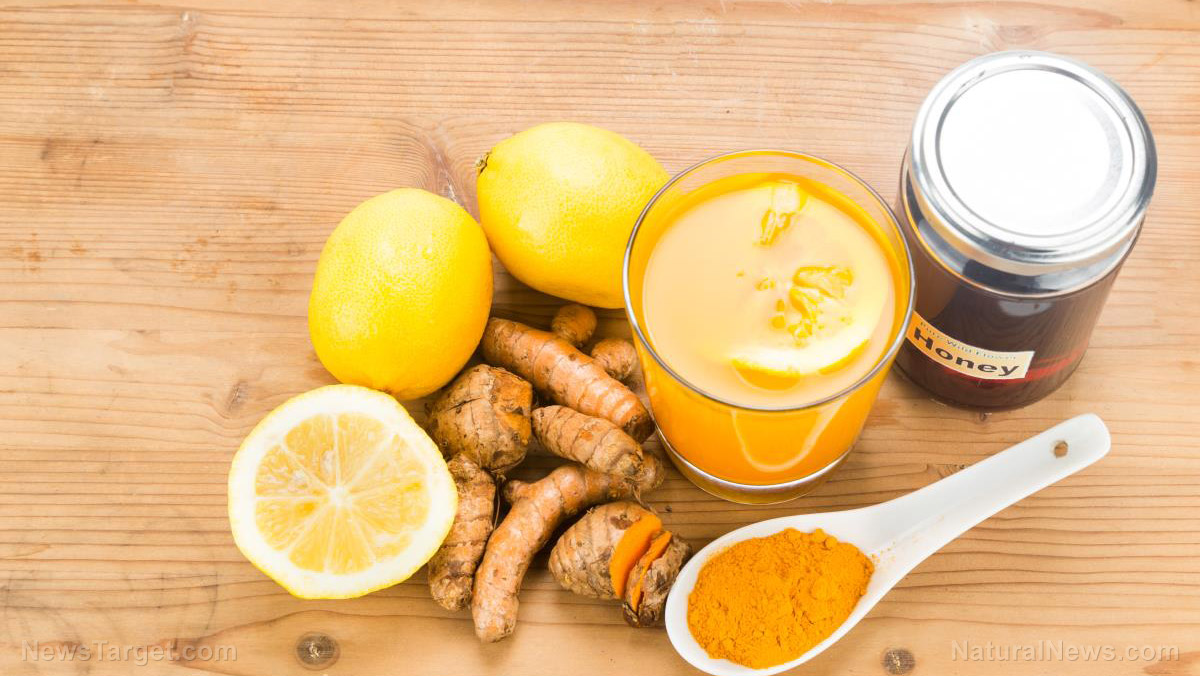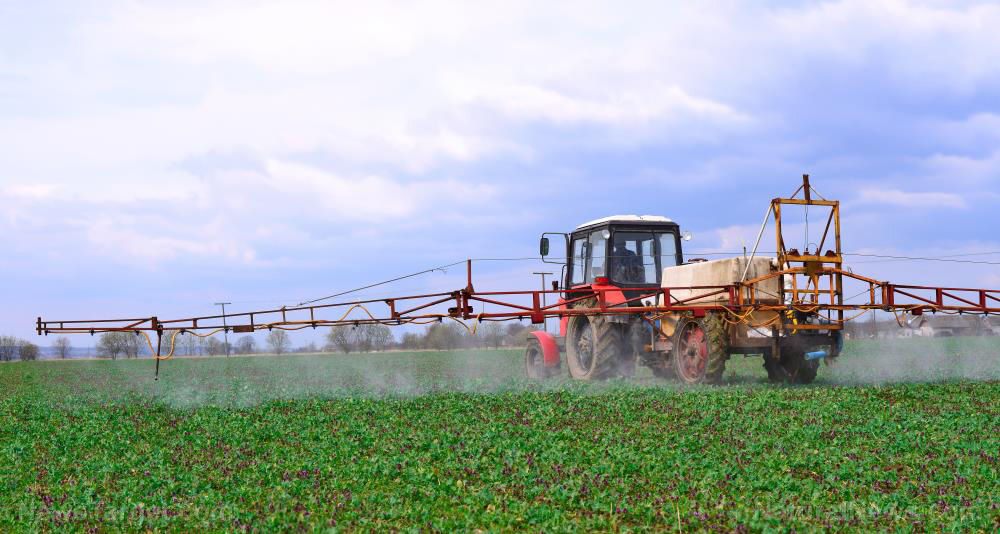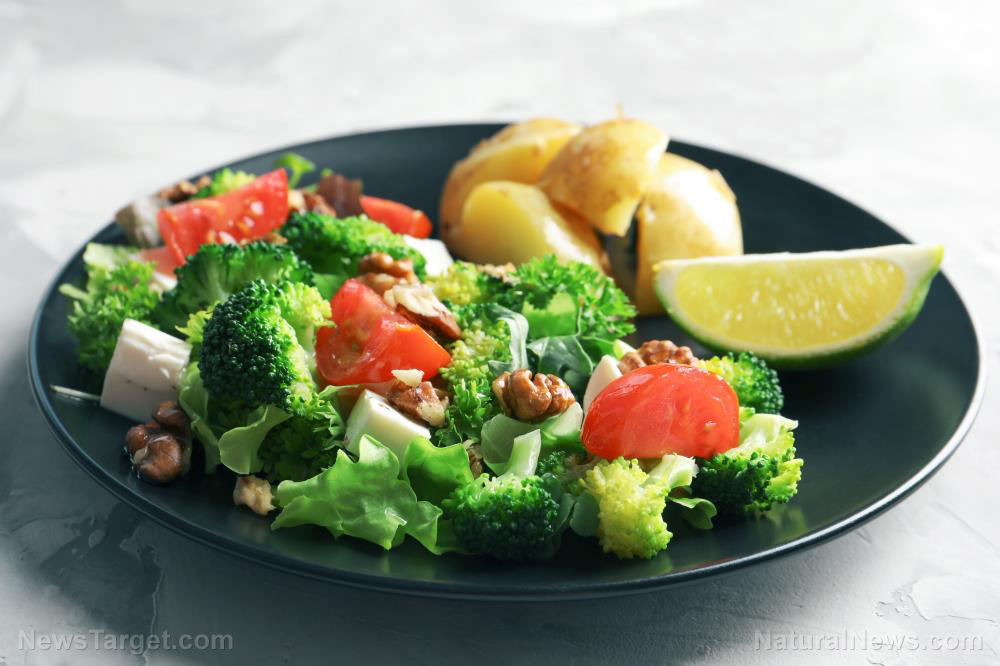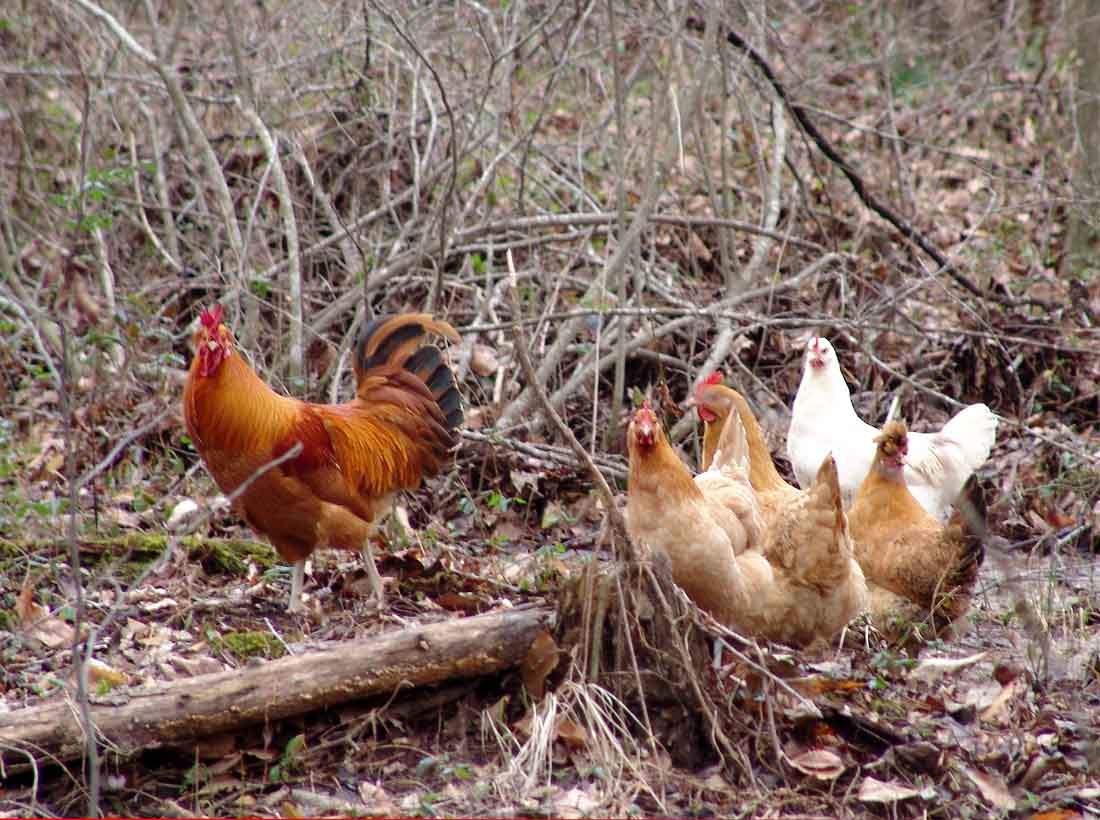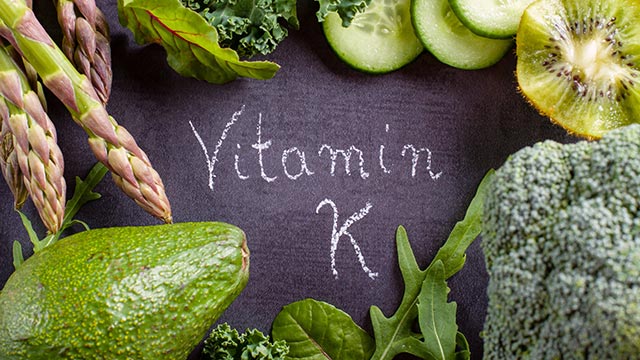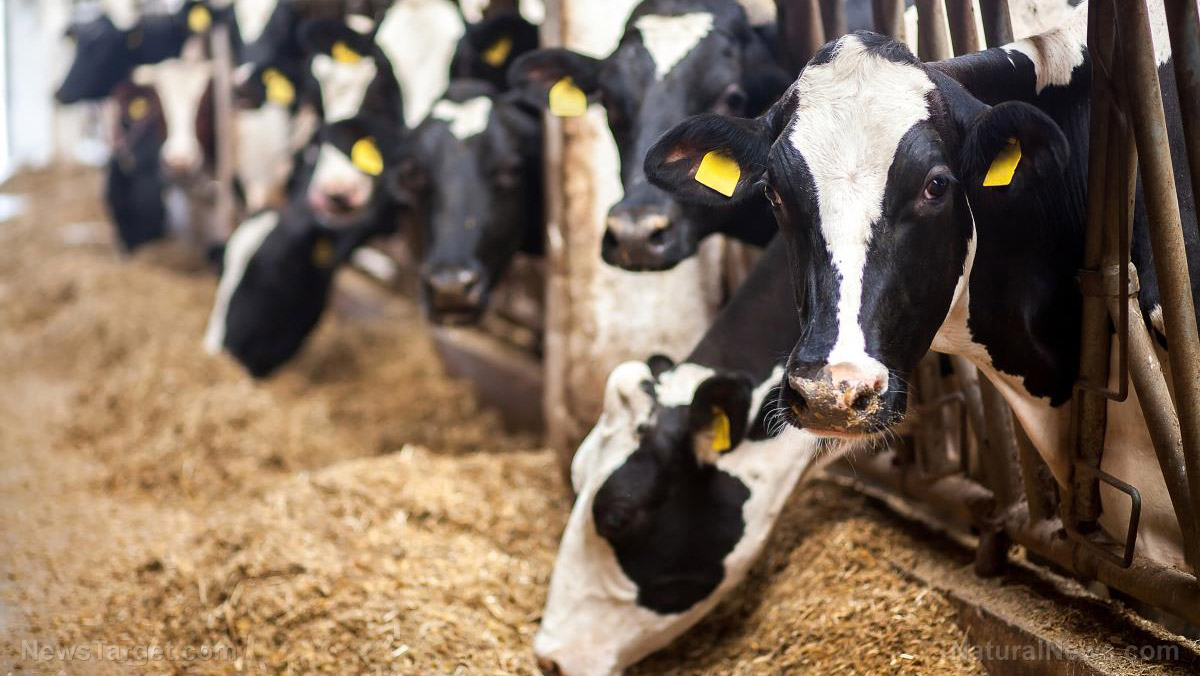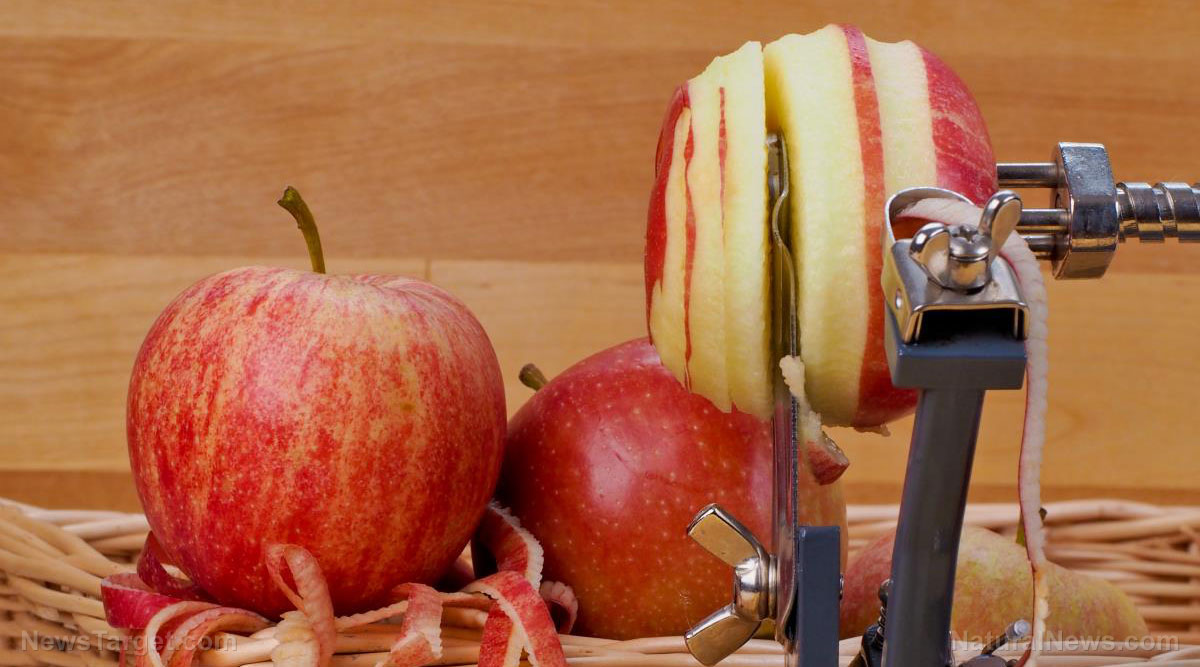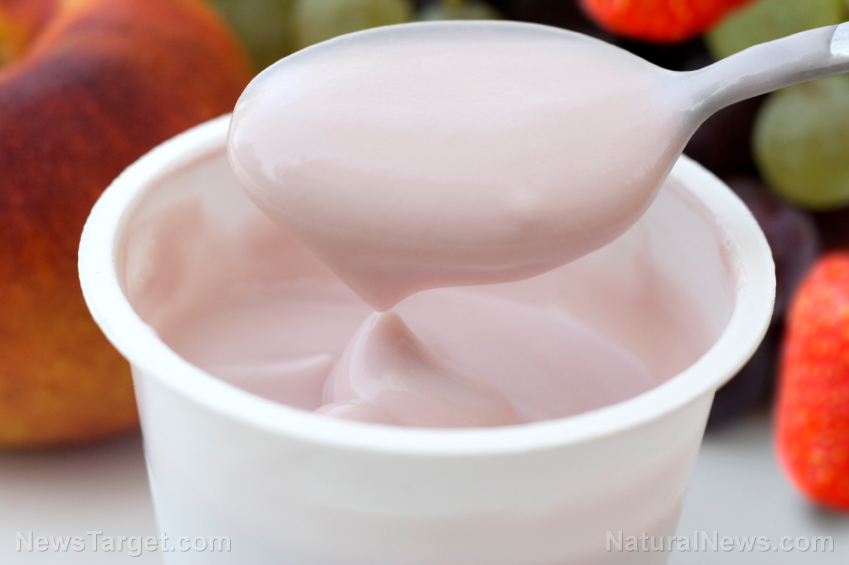Hold the (contaminated) avocado: Important tips that can help prevent foodborne illnesses
03/29/2019 / By Michelle Simmons

Avocados are one of the best and most popular superfoods out there. But like any other food, they could become contaminated. In fact, the U.S. Food and Drug Administration (FDA) revealed that one-fifth of the avocados they examined were contaminated with harmful bacteria.
The FDA tested more than 1,600 imported and domestic avocados between 2014 and 2016 for bacterial contamination. Seventeen percent of these were contaminated with Listeria monocytogenes on the skin, and about one percent tested positive for Listeria inside the avocado. In addition, less than one percent of the avocados exhibited signs of Salmonella contamination.
L. monocytogenes are bacteria that cause listeria infection, known as listeriosis. Listeriosis is especially dangerous to pregnant women, newborns, the elderly, and those with weakened immune systems. This infection may cause aches and pains, diarrhea, fever, headache, and tiredness. The symptoms of listeriosis start to manifest one to four weeks after eating contaminated food. These symptoms can lead to more serious problems, such as brain infection and blood poisoning. It can also result in miscarriage or stillbirth in pregnant women, and loss of balance and convulsions in high-risk individuals.
What should you do?
Fortunately, there are several things you can do to prevent foodborne illnesses. Here are some tips:
Choose wisely. You can protect yourself and your family from food poisoning by making wise buying decisions. When buying avocados, or any produce, avoid those that are damaged or bruised. You may also want to think twice before buying pre-washed produce. A team of researchers at the University of Cagliari in Italy recently found that pre-washed vegetables may contain contaminants called trihalomethanes (THMs). These are toxic byproducts of water sanitation. Pre-packed produce is also not necessarily clean because they have been handled and processed more, increasing the risk of contamination.
Wash and sanitize the skin of avocados. The classic way to prevent foodborne illnesses from avocados – and other fruits – is to wash them thoroughly. Wash avocados with a produce brush, then dry them with a clean cloth or paper towel. This method can also be applied to other fruits with “hard skin,” such as melons and oranges. It is important to wash and sanitize the outer part of avocados because you can contaminate the inside when you cut the skin. With that said, it is also important to wash your hands for at least 20 seconds with soap and warm water before and after preparing avocados and other food.
Avoid putting food in various temperatures: Proper storage affects the quality and safety of avocados and other produce. It’s best to keep your refrigerator set at 40 F or below. It is also important to avoid temperature abuse when preparing and handling food, including avocados. You should store your produce in the refrigerator to keep it fresh and reduce the growth of bacteria or other pathogens. Some foods, such as guacamole and potato salad, need to be refrigerated until they are ready to be consumed.
Avoid cross-contamination between foods: This starts when you buy food at the grocery. When buying, put fresh fruits and vegetables in a separate bag from raw meat, poultry, and seafood products. You can also avoid cross-contamination between fruits and vegetables, and raw meat, poultry, or seafood by using separate kitchen utensils and storage containers for your produce. In addition, wash cutting boards, utensils, dishes, and countertops with hot water and soap after using them to prepare raw meat, poultry, and seafood.
Read more news stories on food safety by going to CleanFoodWatch.com.
Sources include:
Tagged Under: avocados, bacteria, clean food watch, food contamination, food poisoning, food safety, foodborne illnesses, Fresh, fruits, listeria, listeriosis, organics, prevention, Salmonella




